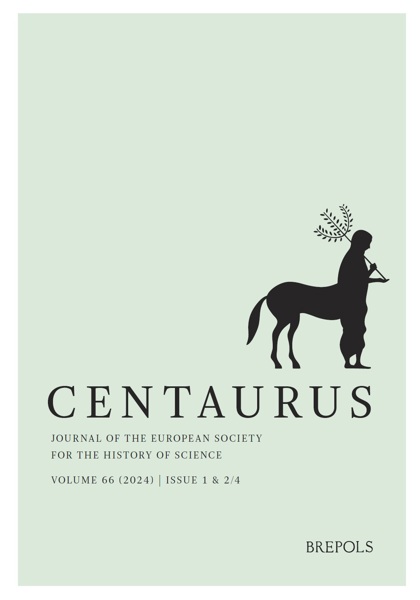This paper presents a little-known manuscript, XXIII F 54, held in the Lobkowicz Collection of the National Library in Prague, which is a student notebook that is the product of humanist medical culture. What follows is a general description of the manuscript’s source, which lays the groundwork for a contextual discussion of its origins. I aim to show that manuscript XXIII F 54 reveals connections with the city of Padua, Italy’s most renowned centre of medicine in the 16th century. To this end, attention is given to the intellectual milieu from which the source originated. Dwelling on two main concepts, that of medical humanism and that of method, the discussion contributes to a furtherance of the understanding of the processes that shaped medical training south of the Alps. Both themes serve as a foundation for unpacking the contents of the manuscript and unearthing continuity in the epistemic tradition as espoused by the professors—followers of Giovanni Battista da Monte—and taken up by students. Drawing on the evidence found in the manuscript, the paper concludes that medical training in 16th-century Padua was a form of universal instruction that shaped prospective doctors both as professional medics and as persons devoted to philosophical inquiry.
AUTHOR: Gniewomir Hawrasz
Published in: Centaurus, 66.1-2 (2024)

